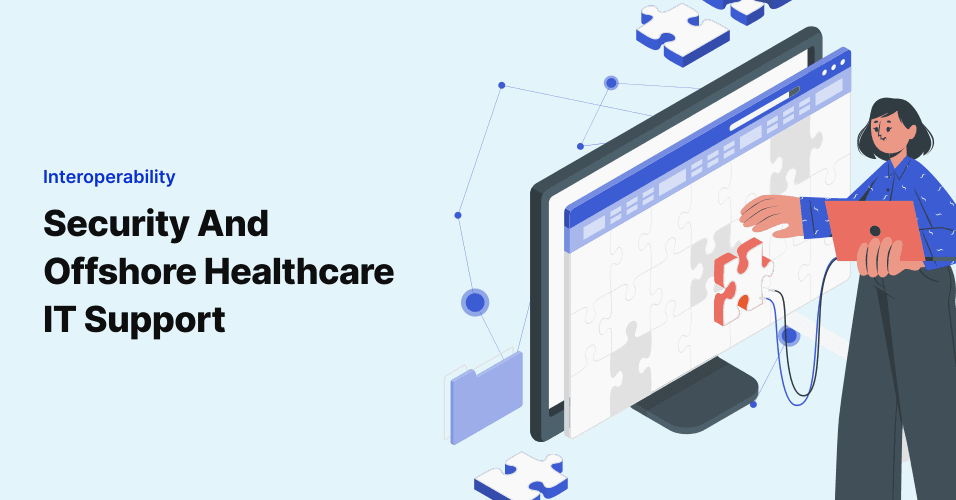
What Does Best in KLAS for a Vendor Mean?
When it comes to selecting healthcare IT vendors to support EHR implementation, there is a fairly long list of …

There is no shortage of talent in the healthcare IT space, but when it comes to stacking the roster for a health system’s technical support team, it’s important to creatively consider the needs. Experience, for example, can bring significant wisdom to the team, especially when resources have worked in a variety of roles, organizations, and with various technologies. Because EHR implementations and integrations are rarely straight-forward (don’t let the sales reps fool you), tapping into a breadth of experience is hugely valuable. Consider, too, resource cost. You often get what you pay for, so it’s important to leverage the budget optimally to ensure the right folks are in the right seats. That being said, tapping into the scalability and cost efficiency of talented offshore services can be a significant way to boost productivity and performance.
Let’s take a deeper look at the value of offshore resources for healthcare IT projects and consider specifically the security aspect of serving the medical community.
We have certainly seen situations when it makes sense for a given role on a healthcare organization’s IT team to be filled by a full-time, on-site resource. This can vary based on the role and technology required to execute the tasks at hand, but “on-prem” presence is often associated with physical hardware maintenance and monitoring, as well as basic networking and provisioning of devices and workstations.
However, we are finding that more and more hospitals are opting for some measure of offshore services to not only maximize their budget for IT, but to also take advantage of round-the-clock support.
Overseas talent tends to be more cost effective than stateside resources, without compromising the skillset. In fact, in our experience we find that many of the offshore resources with whom we’ve worked are more varied in their experience and knowledge base, bringing a deeper level of understanding to common healthcare IT integrations and issues.
By tapping into health IT professionals in other countries, health systems can enjoy the benefits of additional time zones for coverage. This means 24-hour support for the solution stack required to support patient care and hospital administration without having to carry that load locally. From Customer Support and Help Desk functions to systems monitoring, hiring offshore means top notch care for the full-time nature of providers and the patients they serve.
Admittedly many folks are turned off by the idea of outsourcing work overseas given frustrating experiences with low-level call centers and lack of knowledge. We’re not talking about warm bodies here, folks. The offshore professionals serving health systems are operating as an extension of the health organization itself.
Access is granted to ensure that remediation is possible and optimal user experience is preserved, but with that comes a keen understanding of healthcare security. HIPAA security rules and HITRUST extend to service providers working with a given health system, so it’s not enough to invoke physical security at the hospital or data center, for example.
Hospital systems should ensure that offshore partners are operating in the same capacity to protect PHI and minimize risk, especially in the face of rigorous audits that come with new payor contracts, organizational partnerships/merges, and security credentialing.
These security measures include:
In other words, all the same practices that an IT department for a hospital would require to function in a secure environment, offshore services for healthcare follow the lead and replicate those controls in their physical space as applicable.
Many of us have experienced overseas services done wrong. Don’t let that short-sight an organization’s ability to enjoy the scale, cost, and expertise of professional offshore services for healthcare IT. Consider this a creative solution to a common need within hospitals, and don’t be afraid to leverage a trusted health IT partner to locate and implement the right overseas team.
Join over 3,200 subscribers and keep up-to-date with the latest innovations & best practices in Healthcare IT.

When it comes to selecting healthcare IT vendors to support EHR implementation, there is a fairly long list of …

Physicians are the backbone of any health system. But more and more physicians are complaining about …

Despite the influx of federal funding in response to Covid-19, it’s a mild understatement to say that the …